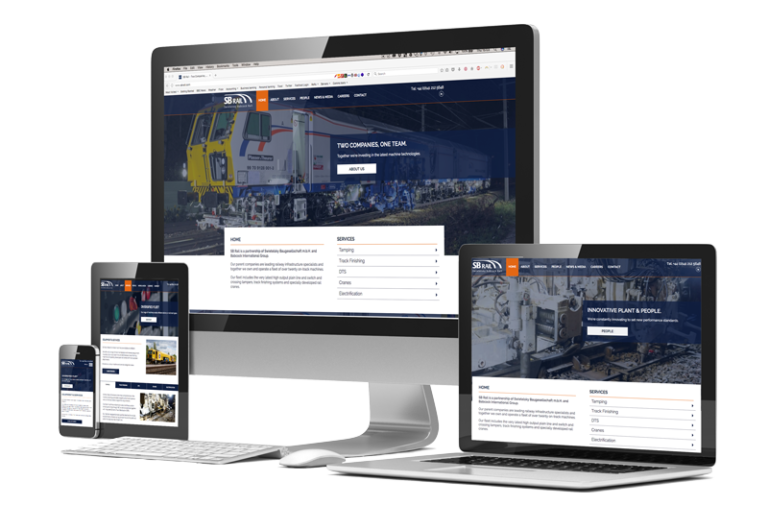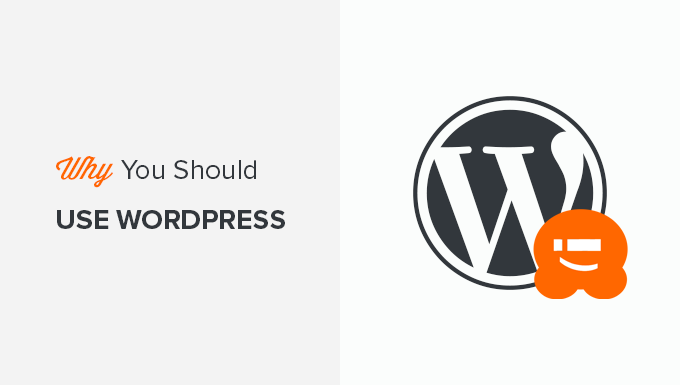Mastering SEO for Your WordPress Site: Effective Strategies and Best Practices
In the competitive online landscape, search engine optimization (SEO) plays a vital role in driving organic traffic to your WordPress website. By implementing effective SEO strategies, you can improve your site’s visibility, attract targeted visitors, and boost your search engine rankings. In this blog post, we will explore actionable tips and best practices to help you effectively use SEO on your WordPress site and achieve better online visibility.

Choose a SEO-Friendly WordPress Theme: Selecting a well-coded, SEO-friendly theme is crucial for your website’s success. Look for themes that are optimized for speed, mobile responsiveness, and clean code. Consider using reputable theme frameworks like Genesis or themes recommended by trusted sources.
Optimize Permalink Structure: Configure your permalink structure to create search engine-friendly URLs. Navigate to “Settings” > “Permalinks” in your WordPress dashboard and select a structure that includes the post name. This format helps search engines understand the content of your pages and improves readability for users.
Conduct Keyword Research: Perform thorough keyword research to identify relevant keywords and phrases that your target audience is searching for. Use tools like Google Keyword Planner, SEMrush, or Ahrefs to discover high-traffic keywords with manageable competition. Incorporate these keywords naturally into your content.
Optimize Page Titles and Meta Descriptions: Craft compelling and keyword-rich page titles and meta descriptions for each of your webpages. These elements are crucial for search engine rankings and encouraging click-throughs from search engine result pages (SERPs). Install an SEO plugin like Yoast SEO or Rank Math to streamline the process and receive real-time optimization suggestions.
Create High-Quality and Engaging Content: Publishing high-quality, informative, and engaging content is the cornerstone of successful SEO. Write articles, blog posts, and other content that genuinely helps and interests your target audience. Incorporate your target keywords naturally within your content, headings, and subheadings, but avoid keyword stuffing.
Optimize Images: Images are an integral part of web content and can contribute to your SEO efforts. Optimize your images by compressing them to reduce file size without sacrificing quality. Add descriptive alt tags and filenames using relevant keywords to improve image search rankings and accessibility.
Utilize Internal and External Linking: Internal linking is the practice of linking to other pages within your website, while external linking refers to linking to relevant external websites. Use both techniques to enhance the user experience, improve site navigation, and provide search engines with more context about your content. Ensure that your links are relevant, descriptive, and add value to the reader.
Improve Site Speed and Performance: Website speed is a crucial ranking factor and affects user experience. Optimize your site’s performance by utilizing caching plugins like WP Rocket or W3 Total Cache, compressing files, minimizing CSS and JavaScript, and choosing a reliable hosting provider. Regularly monitor and optimize your website’s speed to ensure a fast and seamless user experience.
Optimize for Mobile Devices: With the increasing use of mobile devices, optimizing your WordPress site for mobile responsiveness is essential. Use responsive themes, test your site on various mobile devices, and optimize for fast loading speeds on mobile platforms. Google’s mobile-first indexing prioritizes mobile-friendly websites, so ensure your site is mobile-friendly for better SEO results.
Monitor and Analyze Performance: Regularly monitor your site’s performance using web analytics tools like Google Analytics or Jetpack. Track key metrics such as organic traffic, bounce rates, and conversions. Use the insights gained to refine your SEO strategies and make data-driven optimizations.
By effectively implementing SEO strategies on your WordPress site, you can improve your website’s visibility, attract targeted traffic, and achieve








